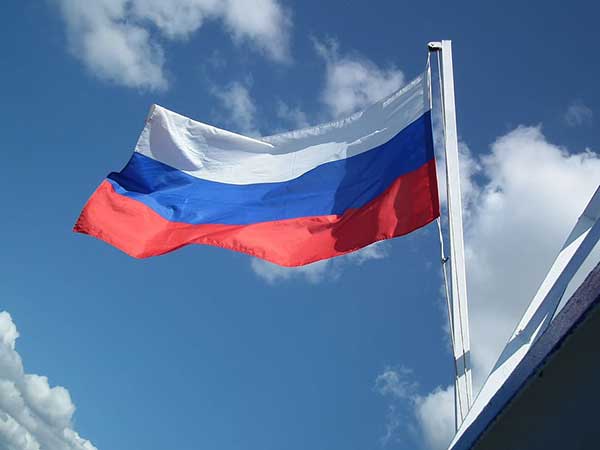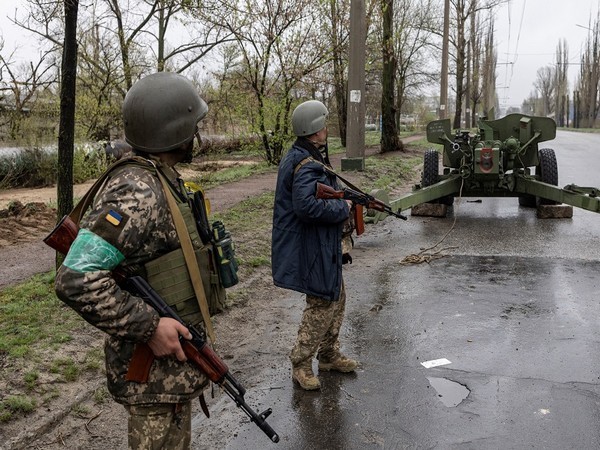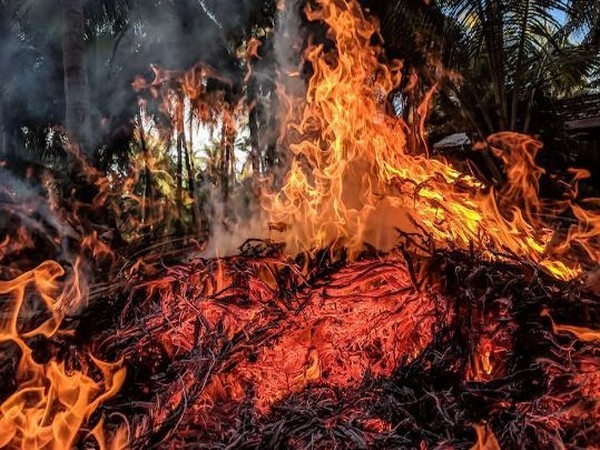
Wildfires raging in the Russian Arctic causing huge amounts of smoke
Jun 28, 2024
Moscow [Russia], June 28: Mass forest and wildfires raging in Russia's Arctic region have generated huge amounts of smoke in recent weeks.
Most of the fires are burning in north-east Russia, where vast swathes of forest and steppe were destroyed in the summer of 2021, the European Union's Copernicus Atmosphere Monitoring Service (CAMS) said on Thursday.
Emissions of greenhouse gases such as CO2 and methane from the fires reached the third-highest level for the Arctic in June in the past two decades. Emission levels were only higher in the Arctic Circle during the devastating forest fires in 2019 and 2020.
CAMS pointed to much higher temperatures and less precipitation than usual in the affected region, part of the Yakutia, as reasons for the increase. Copernicus data shows temperatures up to 7 degrees Celsius more than the long-term average from 1991 to 2020, plus severe drought.
176 fires burning in Russia Some 176 forest and wildfires were raging in Yakutia on Thursday, official Russian data shows, affecting 619,000 hectares.
Some 1,500 firefighters were deployed to extinguish the fires, according to the Avialesookhrana forest fire-fighting unit, adding that new fires keep breaking out however, due to dry storm fronts.
The flames also spread due to strong winds and a lack of rainfall and several villages were engulfed in smoke, according to media reports.
The units often were unable to put out fires, particularly in less accessible regions, due to lack of manpower and cost.
Russian space agency Roskosmos also published a satellite image this week showing huge plumes of smoke.
Arctic warming faster than elsewhere Climate change is significantly exacerbating the risk of forest fires, say scientists in a recent study.
"The Arctic has been warming at a rate well above that of the planet as a whole. As a result, conditions at high northern latitudes are becoming more conducive to wildfires," said CAMS scientist Mark Parrington.
This also applies to Canada, where major fires raged in 2023.
The growing number of forest fires is a clear warning signal, according to Gail Whiteman from the University of Exeter.
"What happens in the Arctic doesn't stay there -- Arctic change amplifies risks globally for all of us. These fires are a warning cry for urgent action," she said.
Source: Qatar Tribune






